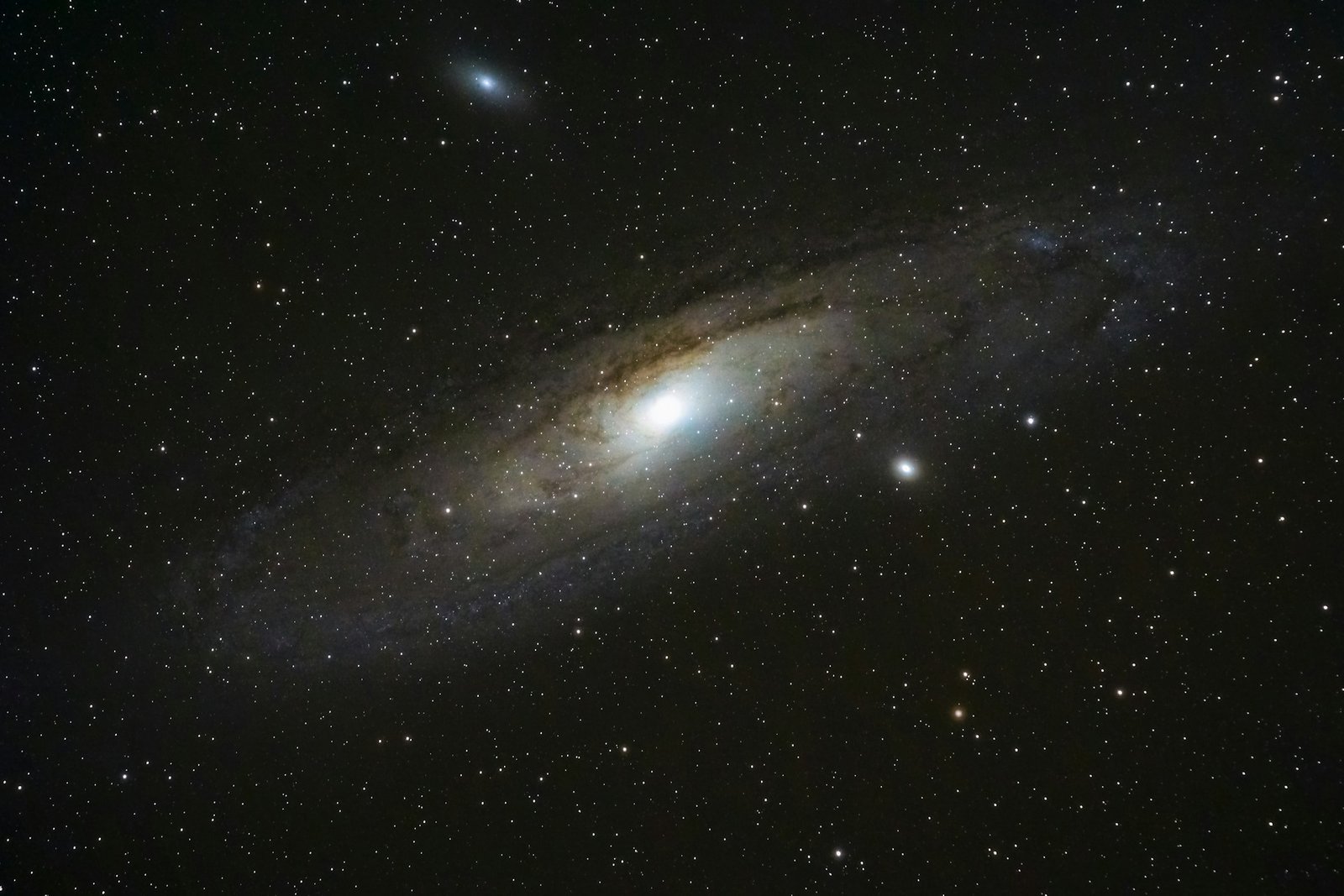ISSUE #8 // OCTOBER 2024
MOMENT OF TRUTH

In the beginning…
Is Science Racing Towards the Bible?
God is dead, and he has never existed. To claim otherwise is simply unscientific and irrational. Or so went the secular narrative for many years. But science has been moving – no racing – towards the Bible for several decades now, making the atheistic view increasingly untenable. In his book ‘Is Atheism Dead?’ bestselling author Eric Metaxas goes as far as to say ‘we may all have excellent questions and may doubt many things, and we may even be hostile to many expressions of faith and might reasonably call ourselves agnostics. But the idea that anyone can at this juncture say they believe there is no God – much less know such a thing – must henceforth be regarded as willful unreason or as mere affectation – or perhaps both.’
The problem for atheist scientists has become so bad that they’ve resorted to desperate new hypotheses and the dodging of certain questions in an attempt to keep their cardboard cut-out theories propped up:
After co-discovering DNA, which points to ‘intelligent design’, Nobel Prize winner Francis Crick theorised that aliens brought life to earth (because all the information programmed into DNA had to have been put there by a programmer). He called his theory ‘Directed Panspermia’ (presumably to make it sound less ridiculous).
And more recently, the famous (or infamous?) ambassador of New Atheism Richard Dawkins, appearing on the Piers Morgan Show, admitted to having called Piers ‘a fool’ because he was still angry at being asked a question that (he thought) he wasn’t supposed to have been asked, presumably a question that exposed problems with Dawkins’ theories. And when pushed to comment on what might have precipitated the Big Bang, Dawkins repeatedly dodged the question, hiding behind semantics and claiming that only a select few brilliant physicists could ever hope to understand it. He implied that common sense objections to the theories of these select few should be dismissed on the basis of trust. (If such an idea sounds strangely familiar, I can help you. You read it in ‘The Emperor’s New Clothes’).
On the note of Dawkins, he and others have said things like: [Biology is] ‘the study of complicated things that give the appearance of having been designed for a purpose’. But Dawkins insists that it’s only ‘the appearance’ of it. The grounds for this insistence? Accepting that things were designed for a purpose would require them to accept the existence of a divine being.
Let’s have a brief look together at the discoveries which led to the formulation of the Big Bang theory, to have just a little taster from the banquet of recent scientific discoveries that have confirmed the Bible:
QUOTE OF THE WEEK
‘Man became scientific because he expected law in nature; he expected law in nature because he believed in a Lawgiver.’
C.S. LEWIS
‘This most beautiful system of the sun, planets, and comets could only proceed from the counsel and dominion of an intelligent and powerful Being.’
ISAAC NEWTON
- 1911: Albert Einstein publishes a paper predicting the deflection of starlight by the Sun’s gravity, which didn’t make sense beyond his equations.
- 1915: Einstein’s paper on the Theory of Relativity implies that the universe is either expanding or collapsing in on itself, neither of which Einstein finds palatable – for the ‘settled science’ at the time was that the universe was eternal and unchanging – time had no beginning and no end.
- 1917: Einstein introduces the ‘Cosmological Constant’ to his theory, in an attempt to put an end to the embarrassing implications of an expanding universe.
- 1919: Quaker Christian Sir Arthur Eddington, following Einstein’s proposal of a solar eclipse as the perfect opportunity to test his calculations, oversees an experiment on the coast of West Africa, observing with his own eyes precisely what Einstein’s mathematical calculations on the relationship between light and gravity predicted.
- 1922: Russian physicist Alexander Friedmann proves that Einstein’s calculations harmonise with an expanding universe.
- 1924: Edwin Hubble observes through his telescope that the celestial bodies are moving away from each other.
- 1929: Hubble publishes his findings, proving once and for all what Einstein and others had been predicting: the universe really was expanding.
- 1931: Belgian priest and astrophysicist Father Georges Lemaitre proposes that the entire universe had actually expanded from an initial point. Einstein hates the idea because, having already accepted that all matter came from non-matter, taking this further step would mean agreeing with the Bible: ‘By faith we understand that the entire universe was formed at God’s command, that what we now see did not come from anything that can be seen.’ (Hebrews 11:3).
- At a conference in Pasadena, Einstein finally concedes what his calculations showed about the expanding universe and confesses that introducing the ‘Cosmological Constant’ was not merely an error but ‘the greatest stupidity of my life.’
- Early 1960s: Bob Dicke calculates that the very early universe must have been about a billion degrees Fahrenheit, producing high-energy gamma rays. He reasons that, if our universe really is a finite, closed system, then all that heat should still exist somewhere, probably in the form of radio waves.
- 1964: The discovery of background radiation in our solar system constitutes such compelling evidence for the Big Bang, that the topic is settled once and for all.
So the physics of the Big Bang theory proved that there was a point (literally) in time and space where the laws of physics had not existed. Materialists who thought ‘science is everything’ were suddenly and unpleasantly stymied when science itself proved that there are places science cannot go.
And so, ‘for the scientist who has lived by his faith in the power of reason, the story ends like a bad dream. He has scaled the mountains of ignorance, he is about to conquer the highest peak; as he pulls himself over the final rock, he is greeted by a band of theologians who have been sitting there for centuries.’1
‘The heavens declare the glory of God; and the firmament shows and proclaims His handiwork. Day after day pours forth speech, and night after night shows forth knowledge.‘
PSALM 19:1-2 (AMPC)
FACT OF THE WEEK
According to Stephen Hawking, ‘If the overall density of the universe were changed by even 0.0000000000001 percent, no stars or galaxies could be formed. If the rate of expansion one second after the Big Bang had been smaller by even one part in a hundred thousand million million, the universe would have recollapsed before it reached its present size.’



